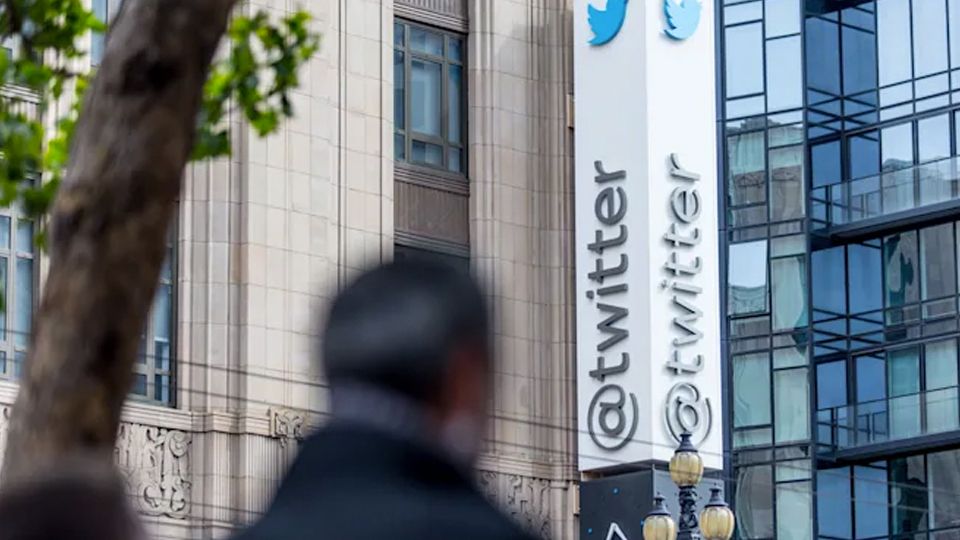Whistleblower accuses Twitter of cybersecurity negligence and allowing foreign governments to place agents on the company's payroll

Twitter’s former head of security alleged that the company misled regulators about its poor cybersecurity defenses and its negligence in attempting to root out fake accounts that spread disinformation, according to a whistleblower complaint filed with U.S. officials.
The revelation could create serious legal and financial problems for the social media platform, which is currently attempting to force Tesla CEO Elon Musk to consummate his $44 billion offer to buy the company. Several members of Congress on Tuesday called on regulators to investigate the claims.
Peiter Zatko, who served as Twitter’s security chief until he was fired early this year, filed the complaints last month with the U.S. Securities and Exchange Commission, the Federal Trade Commission and the Department of Justice. The legal nonprofit Whistleblower Aid, which is working with Zatko, confirmed the authenticity of a redacted copy of the complaint posted online by the Washington Post.
“This was a last resort for him,” said John Tye, the group’s co-founder and chief disclosure officer, in an interview Tuesday. He said Zatko exhausted all attempts to get his concerns resolved inside the company before his firing in January.
Among the most alarming complaints is Zatko’s allegation that Twitter knowingly allowed the Indian government to place its agents on the company payroll where they had “direct unsupervised access to the company’s systems and user data.”
A 2011 FTC complaint noted that Twitter’s systems were full of highly sensitive data that could allow a hostile government to find precise location data for specific users and target them for violence or arrest. Earlier this month, a former Twitter employee was found guilty after a trial in California of passing along sensitive Twitter user data to royal family members in Saudi Arabia in exchange for bribes.
The complaint said Twitter was also heavily reliant on funding by Chinese entities and that there were concerns within Twitter that the company was providing information to those entities that would enable them to learn the identify and sensitive information of Chinese users who secretly use Twitter, which is officially banned in China.
Thanks for visiting Our Secret House. Create your free account by signing up or log in to continue reading.





